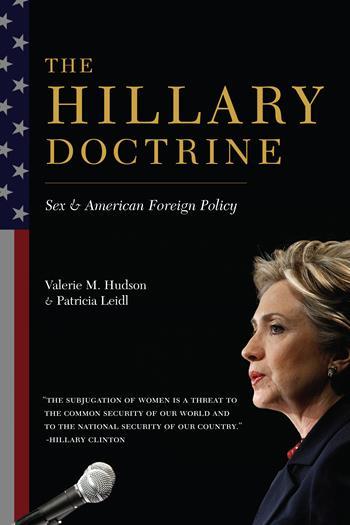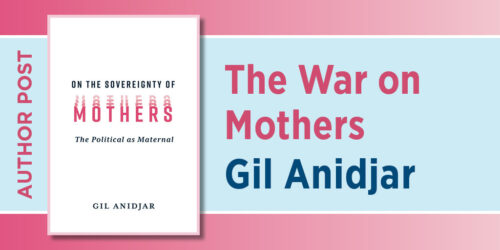How East Asians View Democracy
East Asian democracies are in trouble, their legitimacy threatened by poor policy performance and undermined by nostalgia for the progrowth, soft-authoritarian regimes of the past. Yet citizens throughout the region value freedom, reject authoritarian alternatives, and believe in democracy.
How East Asians View Democracy draws on the results of the East Asian Barometer, in which researchers surveyed East Asian citizens in both democracies and nondemocracies to gauge their attitudes toward their governments and the future of democracy in their country. The findings uncover a variety of interesting trends:
* When asked the meaning of democracy, only 25.4% of Chinese and only 29.9% of Japanese defined it as “freedom and liberty” compared to 59.5% in Korea and 58.9% in Mongolia. (See full results — please note: in pdf format)
* When asked how they view perceive their current regime 1.6% of Chinese defined it as “very dictatorial” while 24.5% saw it as “very democratic.” Whereas in Hong Kong, 6.1% view the current regime as “very dictatorial” and only 2.9% see it as “very democratic.” (full results)
* When asked if democracy is equally or more important than economic development, citizens in Thailand (51.3% answering “yes”) and Mongolia (48.6%) were the most fervent in prioritizing democracy while citizens in Hong Kong (19.6%) and the Philippines (21.8%) were less concerned with democracy relative to economic development. (full results)
* Japanese and Koreans were the least optimistic about the future of their democracies. 57.7% of Japanese respondents saw the expected change from current to future regime to be one of a “struggling democracy” and 54.3% of Koreans viewed it as such. In contrast 43.2% of Chinese respondents view their democracy to be developing. (full results)
For more analysis and findings, you can read the introduction from How East Asians View Democracy.





